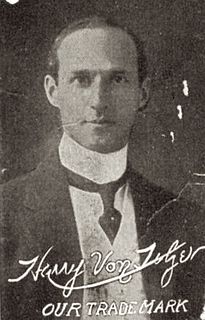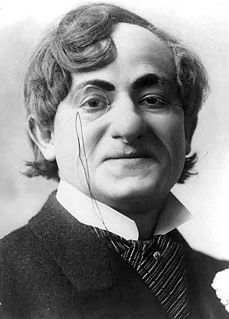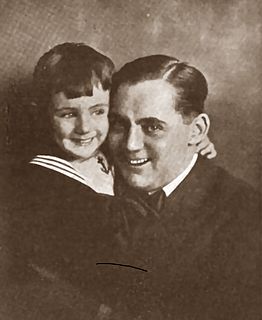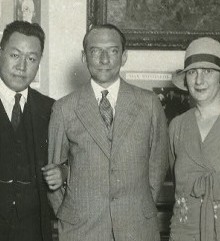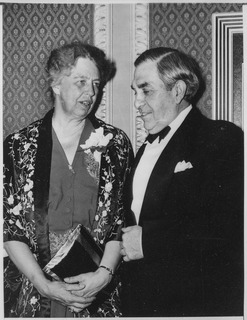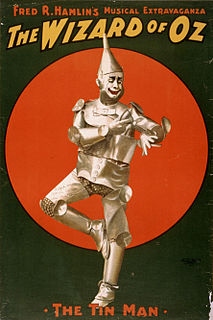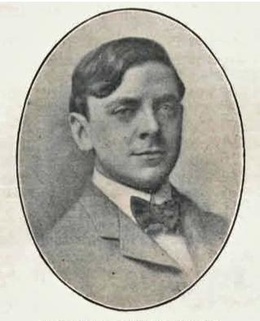
The Dillon Brothers were a popular American comedic Vaudeville act from the late 1880s into the early 1900s, composed of brothers Harry (1866? - 1916) and John Dillon. [1] [2]

The United States of America (USA), commonly known as the United States or America, is a country composed of 50 states, a federal district, five major self-governing territories, and various possessions. At 3.8 million square miles, the United States is the world's third or fourth largest country by total area and is slightly smaller than the entire continent of Europe's 3.9 million square miles. With a population of over 327 million people, the U.S. is the third most populous country. The capital is Washington, D.C., and the largest city by population is New York City. Forty-eight states and the capital's federal district are contiguous in North America between Canada and Mexico. The State of Alaska is in the northwest corner of North America, bordered by Canada to the east and across the Bering Strait from Russia to the west. The State of Hawaii is an archipelago in the mid-Pacific Ocean. The U.S. territories are scattered about the Pacific Ocean and the Caribbean Sea, stretching across nine official time zones. The extremely diverse geography, climate, and wildlife of the United States make it one of the world's 17 megadiverse countries.

Vaudeville is a theatrical genre of variety entertainment born in France at the end of the 18th century. A vaudeville was originally a comedy without psychological or moral intentions, based on a comical situation: a kind of dramatic composition or light poetry, interspersed with songs or ballets. It became popular in the United States and Canada from the early 1880s until the early 1930s, but the idea of vaudeville's theatre changed radically from its French antecedent.
Harry and John Dillon were the sons of Mary Fitzgerald and Michael Dillon of Cortland, New York, and had six other brothers and two sisters. [2] Leaving home at age 15, Harry made his theater debut on the minstrel circuit, joining Duprez & Benedict's Minstrels for a year in 1882. He was then joined by his brother John and began to perform sketch comedy and comedic songs. [1]

Cortland is a city in Cortland County, New York, United States of America. Known as the Crown City, Cortland is located in New York's Southern Tier region. As of the 2010 census, the city had a population of 19,204. It is the county seat of Cortland County.
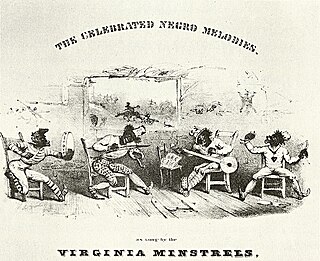
The minstrel show, or minstrelsy, was an American form of entertainment developed in the early 19th century. Each show consisted of comic skits, variety acts, dancing, and music performances that depicted people specifically of African descent. The shows were performed by white people in make-up or blackface for the purpose of playing the role of black people. There were also some African-American performers and all-black minstrel groups that formed and toured under the direction of white people. Minstrel shows lampooned black people as dim-witted, lazy, buffoonish, superstitious, and happy-go-lucky.

Duprez & Benedict's Minstrels were an American minstrel group led by Charles H. Duprez and Lew Benedict, which enjoyed its greatest popularity in the late 1860s and 1870s.
Their hits included "Do, Do, My Huckleberry Do" (1893), "Put Me Off at Buffalo" (1895), and "Why Did They Sell Killarney?" (1899).

Put Me Off at Buffalo is a song by the vaudeville team of the Dillon Brothers, with lyrics by Harry Dillon and music by John Dillon. It was first published in 1895, and also appeared in the play A Trip to Chinatown. After an initial period of popularity, the tune was revived in 1901 in connection with the Pan-American Exposition held in Buffalo. The song's lyrics were planted in the lawn of Buffalo's city hall during the event.
Harry retired from vaudeville due to illness some years before 1915, and John had returned to Cortland to go into business by 1914. [3] Harry died in Cortland on February 6, 1916. [1]
John and Harry's brother William Dillon (1877-1966) was also a popular performer best known as the lyricist for the song "I Want A Girl (Just Like The Girl That Married Dear Old Dad)" (1911)

William Austin Dillon was an American songwriter and Vaudevillian. He is best known as the lyricist for the song "I Want A Girl " (1911), written in collaboration with Harry Von Tilzer. It can be heard in Show Business (1944) and The Jolson Story (1946). He was born in Cortland, New York and performed at some point in Vaudeville with his brothers John and Harry. He billed his own act as the "man of a thousand songs".

I Want A Girl is a popular song of 1911 composed by Harry Von Tilzer and with lyrics by William Dillon, which has become a barbershop quartet standard.
